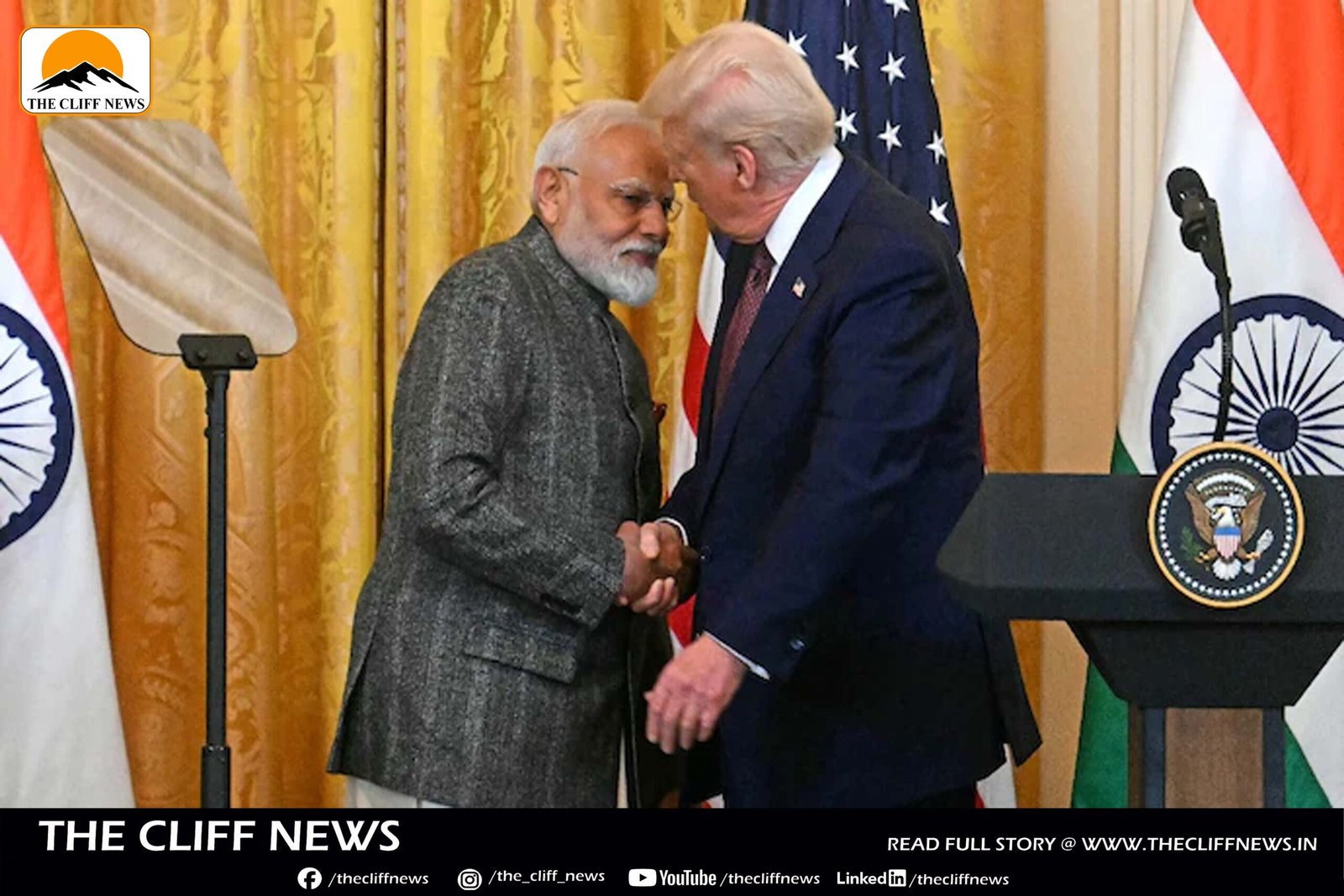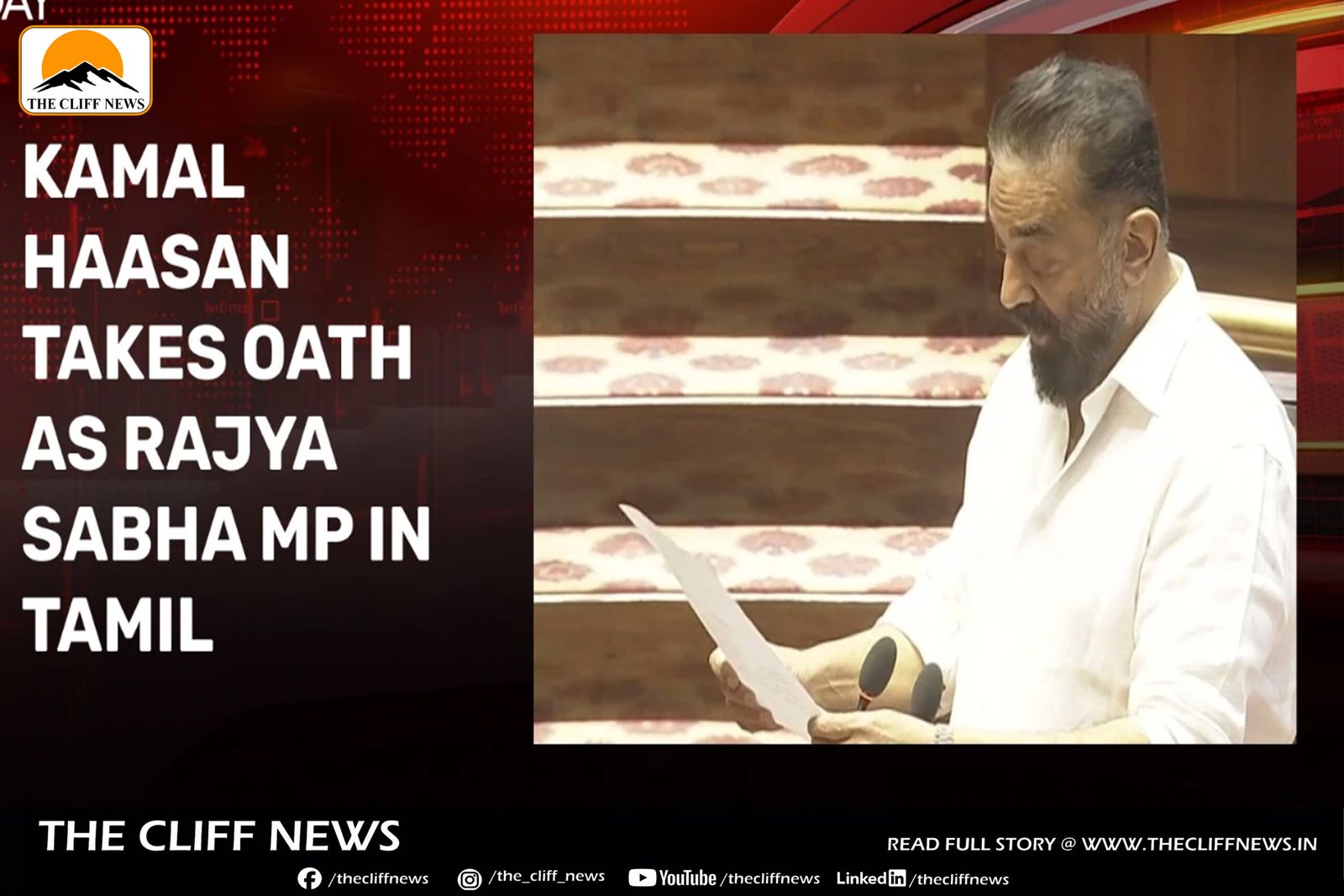India is unlikely to impose counter-tariffs on the United States despite the recent imposition of a 26% duty on Indian exports by the Donald Trump administration. Instead, the Indian government is prioritising the finalisation of a Bilateral Trade Agreement (BTA) with the US as swiftly as possible, a senior official told Reuters. The move by Washington has sent ripples through global markets, with India’s Sensex falling by 1.6% since Wednesday, reflecting investor concerns.
India Banks on Clause in Trump’s Executive Order
According to government sources, India is drawing hope from a key clause in the executive order signed by Trump, which provides relief to nations that undertake “significant steps to remedy non-reciprocal trade arrangements”. India is hopeful that its proactive engagement in trade talks with the US will help it avoid long-term consequences. Notably, India was one of the first nations to initiate discussions on a trade deal with the US, placing it ahead of many Asian counterparts in seeking resolution.
Asian Neighbours React Differently to US Tariffs
The US tariffs have hit other Asian nations harder—China faces a 34% tariff, Vietnam 46%, and Indonesia 32%. In response, China has vowed to impose reciprocal tariffs starting April 10, while Indonesia has opted not to retaliate. Vietnam, keen to position itself as a manufacturing alternative to China, has reportedly agreed to reduce its tariffs to zero in a potential trade deal with the US.
Selective Exemptions Offer Partial Relief
Despite the tariff blow, India has found some relief in the exemption of key sectors such as semiconductors, copper, and pharmaceuticals. Given that India supplies nearly 50% of generic medicines used in the US, the pharmaceutical sector is expected to remain relatively unscathed. However, sectors like electronics, auto parts, and gems and jewellery could see a significant impact on exports.
Domestic Political Criticism Grows
Back home, the opposition has criticised the Modi government’s handling of the situation. Rahul Gandhi, Leader of the Opposition in the Lok Sabha, warned that the new tariffs could “completely devastate” the Indian economy. Critics argue that despite Prime Minister Modi’s warm ties with Trump—who recently referred to Modi as a “great friend”—the government has failed to secure a meaningful exemption.
India’s Concessions to Ease Tensions
In a bid to ease trade tensions, India has made several concessions. These include lowering import duties on iconic American goods such as Harley-Davidson motorcycles—from 50% to 40%—and bourbon whisky. Additionally, India has withdrawn its controversial digital services tax, also known as the ‘Google Tax’, which had drawn criticism from US tech companies.
Progress in Bilateral Trade Agreement
Despite the current tensions, progress on the Bilateral Trade Agreement continues. Last month, India and the US agreed on the terms of reference for the BTA, marking a significant step forward. The Indian government remains hopeful that ongoing negotiations will lead to a balanced and mutually beneficial trade deal that mitigates the fallout from the recent tariff hike.
4o



